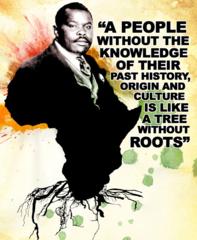1920's
5.0(1)
Card Sorting
1/21
Earn XP
Description and Tags
Study Analytics
Name | Mastery | Learn | Test | Matching | Spaced |
|---|
No study sessions yet.
22 Terms
1
New cards
Propaganda
information, often biased or misleading in nature, used to promote a political cause or point of view
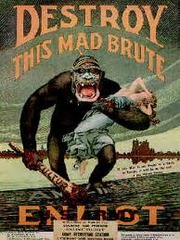
2
New cards
Great Migration
movement of over 300,000 African American from the rural South to cities in the North between 1914 and 1920
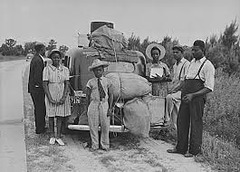
3
New cards
Nativism
Discrimination against immigrants
4
New cards
Isolationism
foreign policy of avoiding involvement in world affairs
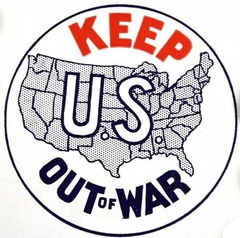
5
New cards
Communism
political-economic ideology calling for social and economic justice for the working classes; calls for the redistribution of wealth from the upper and middle classes through state ownership and management of property of behalf of all workers
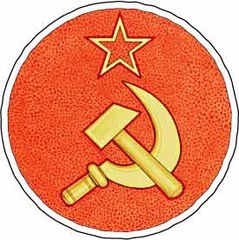
6
New cards
Anarchism
political philosophy that opposes government in any form
7
New cards
Sacco and Vanzetti
Italian immigrants with radical political beliefs executed in 1927 for murdering a guard during an armed robbery; believed by many to have been innocent
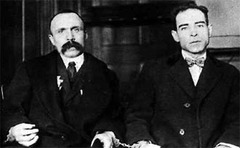
8
New cards
Immigration Acts of 1921 and 1924
laws that decreased immigration, especially Italians, Eastern European Jews and Slavs, and Asians, by establishing annual quotas for the number of immigrants allowed into the US from each country
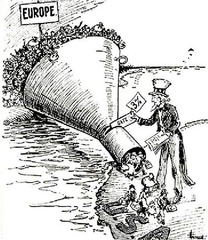
9
New cards
Prohibition
Eighteenth Amendment ban on the manufacture and sale of alcoholic beverages
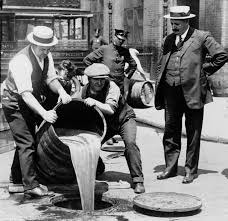
10
New cards
Speakeasies
illegal bars during Prohibition
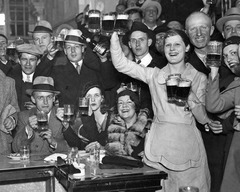
11
New cards
Bootleggers
People who produced, smuggled, or sold alcoholic beverages illegally during the era of Prohibition
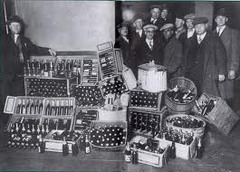
12
New cards
Al Capone
Chicago gangster who controlled bootlegging, speakeasies, and prostitution rings until his arrest for tax evasion in 1931
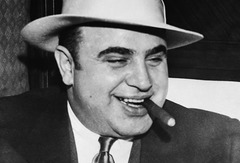
13
New cards
Flappers
young women who wore bobbed hair, heavy makeup, and short skirts and defied traditional social conventions
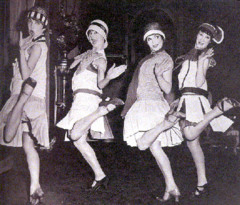
14
New cards
Henry Ford
automobile manufacturer who pioneered assembly-line mass production
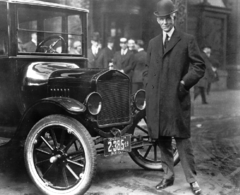
15
New cards
Birth of a Nation
Controversial but highly influential and innovative silent film directed by D.W. Griffith. It demonstrated the power of film propaganda and revived the KKK.
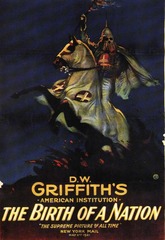
16
New cards
Harlem Renaissance
period in the 1920s-1930s when African-American achievements in art, music, and literature flourished
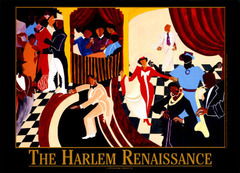
17
New cards
Louis Armstrong
aka Satchmo; popular pioneering jazz trumpeter and scat singer
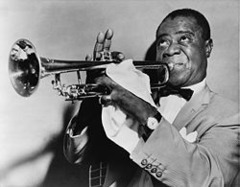
18
New cards
Duke Ellington
influential jazz pianist and bandleader at Harlem's Cotton Club
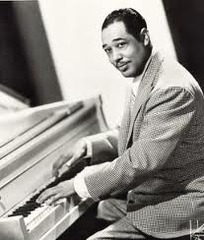
19
New cards
Bessie Smith
singer known as the Empress of the Blues
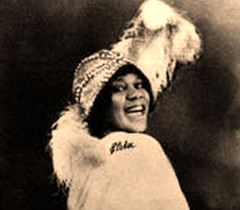
20
New cards
Langston Hughes
leading poet of the Harlem Renaissance; wrote "Dreams", "I, Too", and "Let America Be America Again"
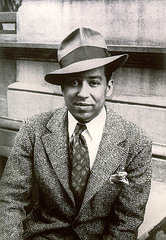
21
New cards
Zora Neale Hurston
leading author of the Harlem Renaissance influenced by black folklore of the American South and the Caribbean; wrote Their Eyes Were Watching God (1937)
22
New cards
Marcus Garvey
Jamaican-American black nationalist and leader of the Back-to-Africa movement who wanted to liberate Africa from European colonialism
